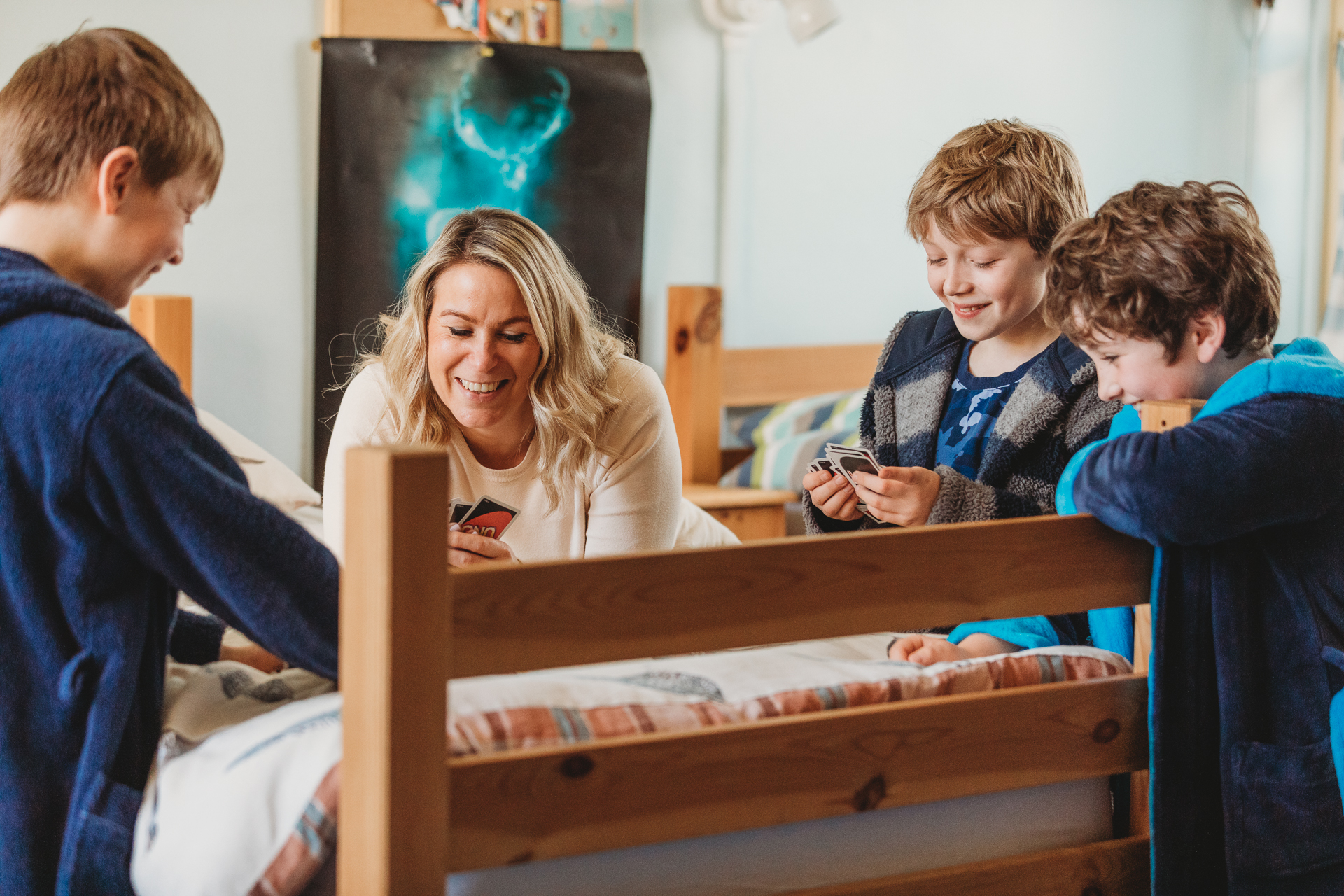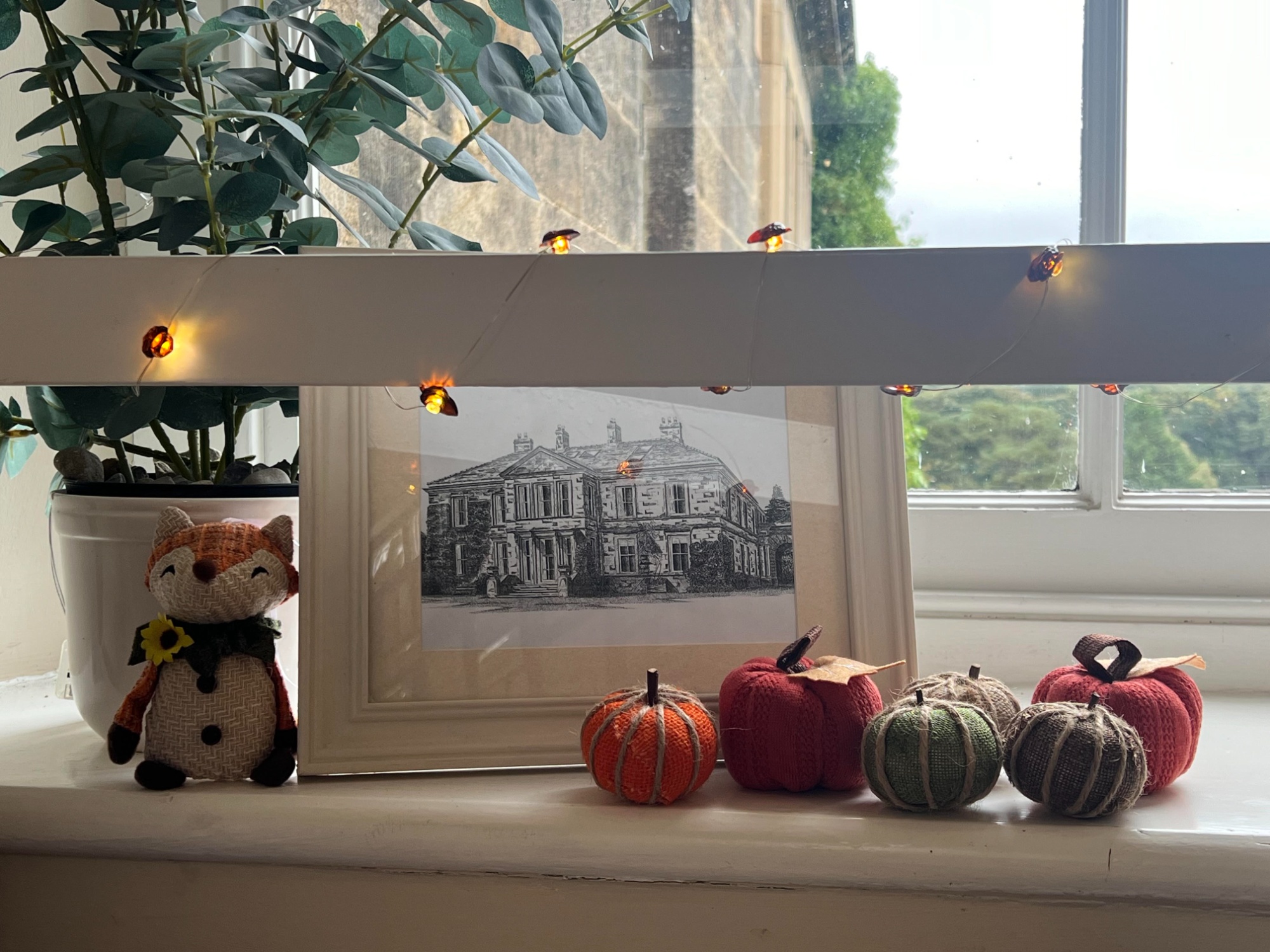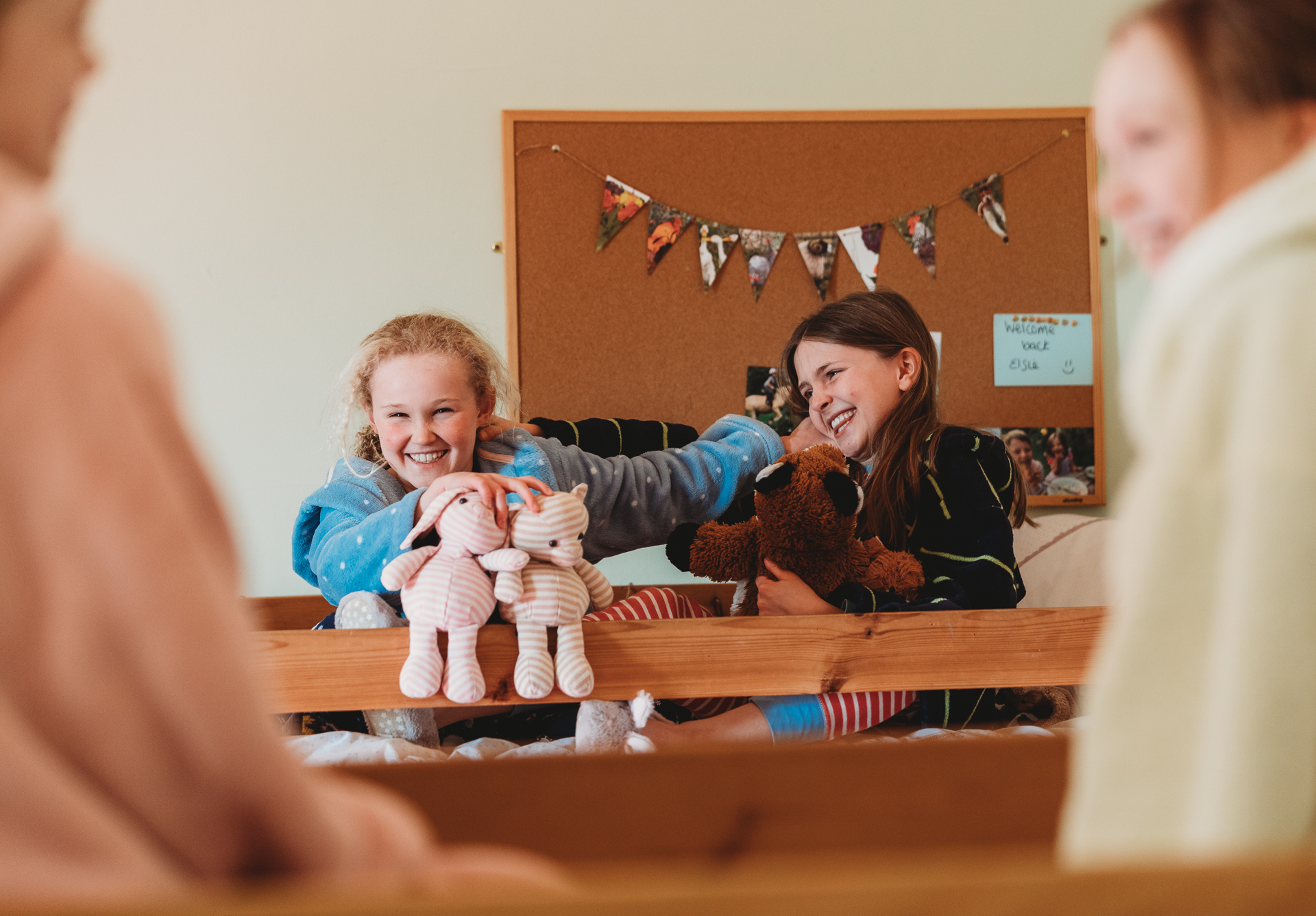Boarding: What makes a house a home?

What makes a house a home? The immediate thoughts coming to my mind are “warmth”, “comfort” and “safety”. Of course, a stand alone building itself can provide all of these but a home is much more than a house
In a home, we have experiences. Ones which inevitably shape the person we are to become. We build relationships and memories, form attachments and develop our sense of belonging. Boarding houses have the same level of importance for children and young people, if not more. Being away from their own home further strengthens the need to make boarding houses their “home from home” providing the same level of comfort, support and sense of security.

Many aspects of the sense of being “at home” are emulated in boarding houses. Boarding communities are large families. In some cases, they are large diverse families with children from varying cultural and social backgrounds. As part of a boarding community, children share stories of their day over meals with their friends and supportive adults. They play games and activities and learn from these in a fun and exciting way. Evening and weekend activities, such as movie nights, game tournaments, or group outings, provide opportunities for the children to bond and create shared memories. They are supported with their organisational skills,
As a child, if I could have moved my best friend into my house with me, it would have seemed perfect. I can’t count how many hours I used to play in my bedroom with my siblings and friends inventing new games, laughing, listening to music, relaxing and so on. Boarding houses have this feel. Some of the friendships developed in a boarding environment become the strongest children will form. With so much time spent in shared living spaces, the children develop a natural feel of family where friends feel like siblings and arguably, at times, experience more together than siblings would. Inevitably, living so closely with others can, at times, feel a little challenging. However, boarding houses rely on experienced staff who can help facilitate open communication, sensitively guiding children in ways of subtle conflict resolution that can contribute to a harmonious living environment. Learning to listen, to respect and to empathise enables children to feel heard and supported, helping them to navigate challenges together. This sense of belonging and community make boarding houses “a home”
 At home I loved to develop my own space; adding posters, pictures and collections, sometimes even moving furniture around to suit different purposes. A good boarding house will welcome the spirit of individuality which this encourages. Each child is unique, this is shown and celebrated in the expression of their choices with regard to their own personal space. This enhances their sense of belonging, confidence and in who they are and where they are.
At home I loved to develop my own space; adding posters, pictures and collections, sometimes even moving furniture around to suit different purposes. A good boarding house will welcome the spirit of individuality which this encourages. Each child is unique, this is shown and celebrated in the expression of their choices with regard to their own personal space. This enhances their sense of belonging, confidence and in who they are and where they are.
As at home, there are expectations and standards that children are encouraged to meet in order to aid their own sense of comfort and security. These expectations usually aim to promote a well looked after, well maintained and well respected environment. A well cared for environment enhances our sense of security and comfort while also promoting responsibility for our own surroundings. An environment that meets these expectations can positively impact the mental and emotional well-being of those who inhabit it, making boarding houses truly feel like a home.
 All of the factors that make boarding houses feel like “home” could not be possible without the dedication and commitment of a caring and supportive yet professional staff team. Their role is pivotal in creating the right atmosphere and ethos within the house. As role models, the children and young people are guided and advised by them all the time. Compassion, patience and understanding are all vital in creating a nurturing environment where children feel able to “be themselves” as they would in their own home. A boarding house is not just a place for them to stay. It should be one where they feel as cared for as they would in their own family home.
All of the factors that make boarding houses feel like “home” could not be possible without the dedication and commitment of a caring and supportive yet professional staff team. Their role is pivotal in creating the right atmosphere and ethos within the house. As role models, the children and young people are guided and advised by them all the time. Compassion, patience and understanding are all vital in creating a nurturing environment where children feel able to “be themselves” as they would in their own home. A boarding house is not just a place for them to stay. It should be one where they feel as cared for as they would in their own family home.
In essence, what makes a house a home is not just a physical structure, but a combination of elements that contribute to a sense of belonging and community. Boarding houses have the potential to become cherished homes with fond memories for those seeking a supportive and communal living experience. By encapsulating a sense of community, personalisation, inclusivity, and professional care, boarding houses can truly become homes away from home for our children and young people.
Leonie Serbrock. Head of Boarding, Mowden Hall School



